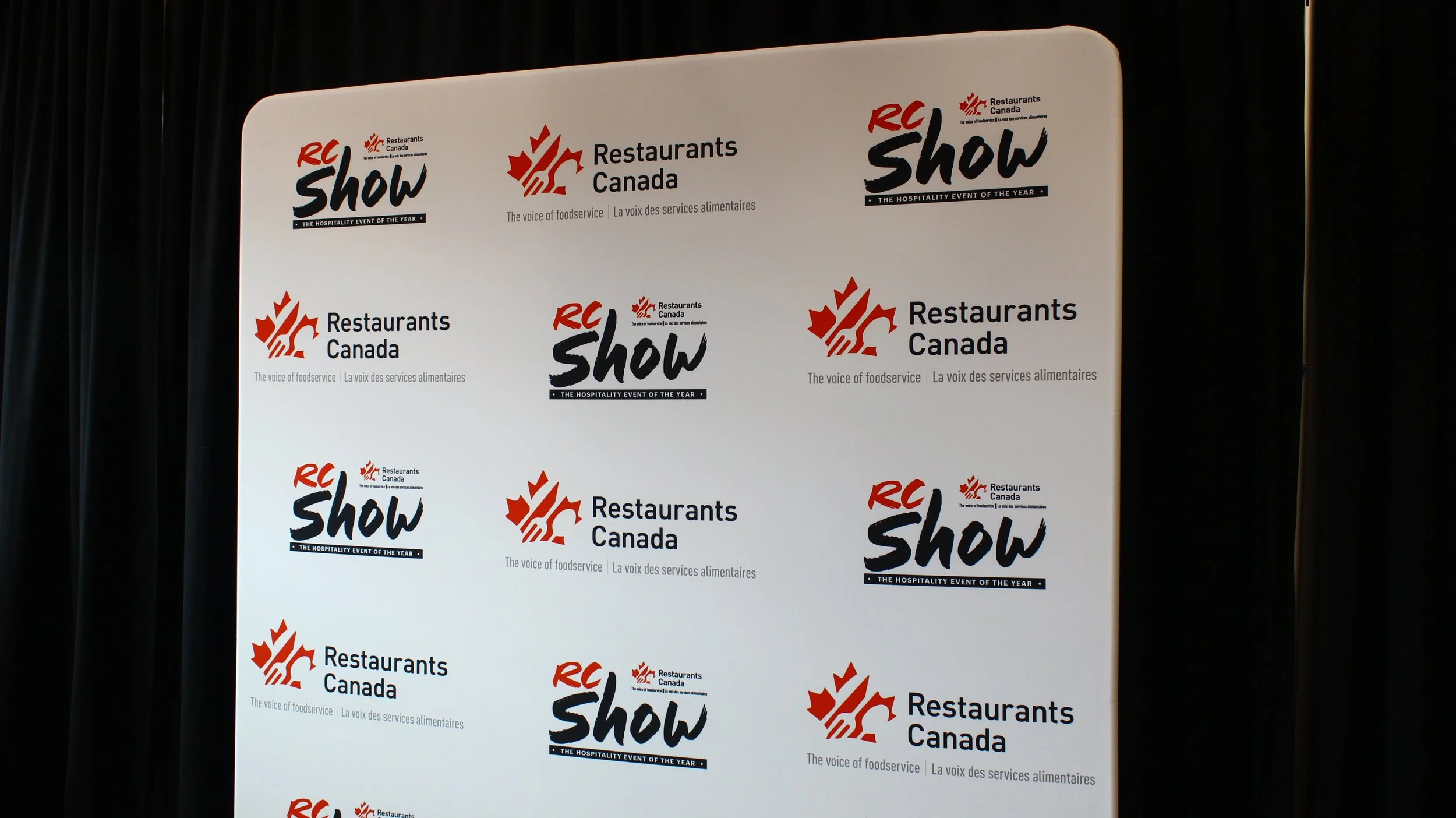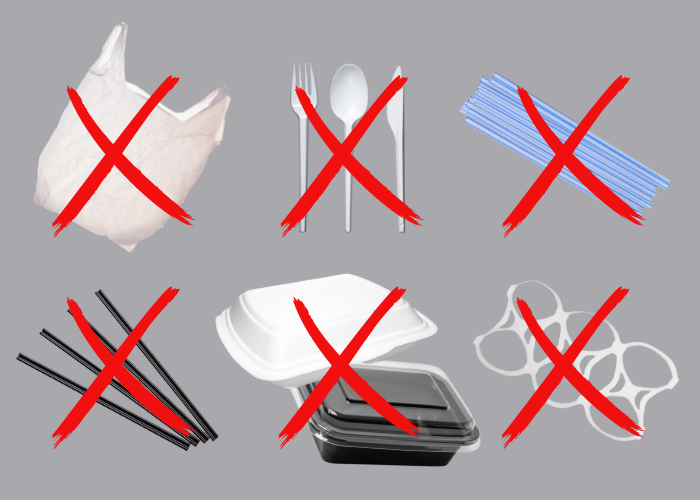The food and beverage industry is about to take a major step – several steps, perhaps – towards reducing waste and becoming more environmentally conscious as a ban on single-use plastics is set to take effect.
After two years of being battered by a global pandemic, it might seem daunting to have to revamp your business strategy yet again, but this is one change that’s key to ensuring we do right by the planet.
what’s being banned?
There are six items on the Single-use Plastics Prohibition Regulations (SUPPR) list being banned by the federal government.
These six items are:
Plastic checkout bags
Plastic cutlery
Takeout containers made with hard-to-recycle plastics
Plastic six-pack rings
Stir sticks
Straws (with some exceptions)
When will the ban take effect?
By December 20th 2022, the manufacturing and import of most of these items will be forbidden. Beyond that businesses will no longer be allowed to sell most of these items by December 2023. This gives businesses a roughly 18-month window to find and implement alternatives.
It should be noted items such as garbage bags, takeout beverage lids and coffee lids are not banned at this time, as the federal government felt there weren’t enough viable eco-friendly alternatives yet; however, it’s unclear whether these items will be targeted in the future.
There are a few exceptions to take note of as well. Plastic ring carriers and single-use plastic bendable/flexible straws have an additional six-month grace period, as their manufacture and import prohibitions come into effect June 2023, and sale prohibitions in June 2024. Plastic flexible straws will also remain available indefinitely for medical and/or accessibility purposes.
finding new suppliers
Don’t know where to start? One strategy is to break the transition down piece by piece. Begin with one item - straws, for example. Find an alternative supplier whose product offerings comply with the new regulations, and then introduce them to your business. Once that new supply chain is locked in, move onto the next item. Rinse and repeat.
Hopefully, higher demand for plastic alternatives will spur yet more suppliers to enter the market, creating healthy competition and an increased variety of sustainable single-use (or even reusable!) alternatives for foodservice companies.
To get you started on your plastic-free journey, check out our roster of LEAF-approved suppliers who carry everything from wooden cutlery to palm leaf dinnerware to bamboo straws. The list is pretty comprehensive and we encourage you to check them out!
If you’re still on the hunt for the right replacement suppliers, you can also explore what other businesses are using. Scope out and attend networking events such as trade shows (like the Restaurants Canada Show from April 10 - 12th 2023!), workshops, webinars, and other learning opportunities on sustainability. The next time you’re at a restaurant or café, take note of which plastic-free alternatives they use. Gauge whether they might be suitable for your own customers, and get recommendations from fellow foodservice operators.
THE COST HURDLE
Another major hurdle with making the switch to plastic free is, of course, costs.
One way to bring costs down is by implementing a “BYO” program to encourage customers to bring their own reusable bags and/or containers for takeout. You could also add an “opt-in” option on online ordering apps to ask customers whether they need single-use cutlery (make sure to ask customers that call in orders as well!). If applicable, you could also consider partnering with local businesses, like Suppli, Muuse, CASE, DreamZero, and Cupko to implement reusable mug or takeout container programs.
Start Now
We recommend developing your strategy early and not waiting until the last minute, when finding and switching to new suppliers and supplies on a time-crunch can get stressful. The government has given us 18 months to transition and find the best alternatives for your business - let’s take advantage of that time!
There are many ways to transition to plastic-free alternatives, and no right way - just a way that’s right for you. Regardless of how you might feel about the mandate to switch to earth-friendly alternatives, LEAF is here as a resource for your business, to help you make the plastic-free transition with ease.
Additional resources:
Official news release by Environment and Climate Change Canada: https://www.canada.ca/en/environment-climate-change/news/2022/06/government-of-canada-delivers-on-commitment-to-ban-harmful-single-use-plastics.html
CBC News on the SUPPR: https://www.cbc.ca/news/politics/single-use-plastics-explained-1.6498061
Overview of SUPPR: https://www.canada.ca/en/environment-climate-change/services/managing-reducing-waste/reduce-plastic-waste/single-use-plastic-overview.html










